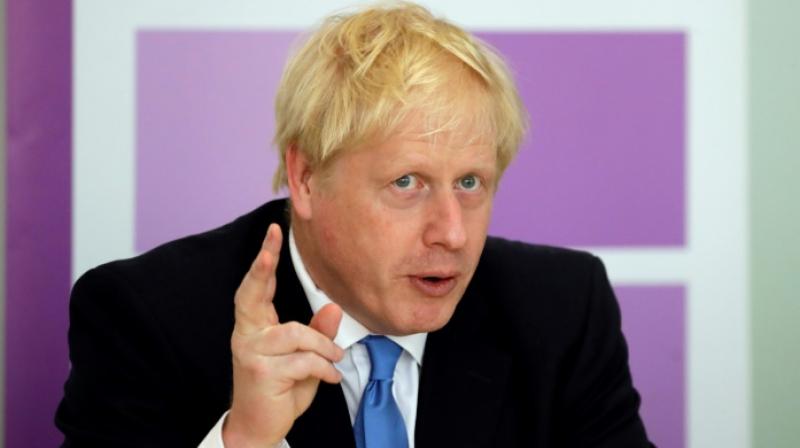A welcome judgment by Britain’s highest court

In handing down a stiff rebuke to Prime Minister Boris Johnson, Britain’s Supreme Court has asserted itself in an extraordinary fashion. The judiciary, not known to intervene in political disputes in a country where powers are delicately balanced and bound to an unwritten constitution, has stuck its neck out in ruling that the suspension of Parliament was “unlawful”. Such an effort to save Britain from a populist leader bent upon going ahead with a “hard” Brexit with reckless abandon should be lauded. The court said the case wasn’t directly about Brexit, but about a PM’s abuse of power in wrongly advising the Queen to prorogue Parliament for over a month to give elected representatives of the people less time to intervene in his plans for his country, and how he will decide how Brexit would go. The ruling was about the balance of powers and the restoration of the rights of Parliament in a democracy.
The executive, headed by the PM, was being held to account. The startling dimensions of this ruling are best understood if seen in the context of democratic practices being hijacked by a PM determined on Brexit and willing to ignore the views of legislators. The judgment can be interpreted as judicial overreach in the UK, even activism, in a country whose courts have never sat in judgment on politicians and politics. It’s its sheer boldness that takes one’s breath away. This precedent should trigger the belief worldwide that courts should step in, even suo motu, if they feel any of the principal pillars of civil society is getting carried away and arrogating to itself absolute powers. What Boris Johnson did in leading the apolitical monarch into such misadventure was akin to imposing a state of emergency so that his plans could prevail, come what may.
The boldness in standing up to define the powers of governance must be admired. Take India’s Supreme Court, which seems wary of even taking up for legal scrutiny the issue of the abrogation of Article 370 in Jammu and Kashmir. The point to note is that Parliament was not bypassed even in such an extraordinary decision by the executive. Even so, it is necessary for the court to cast off its legal restraint and examine if there has been any abuse of power. When governments ignore political conventions and act as they wish, a political vacuum is created. This is the great danger in the unilateral handling of Brexit too. It was said in the judgment that “The King hath no prerogative but that which the law of the land allows him.” How one wishes this would apply to all arms of society, including the judiciary too. The rulers of a free society must always be seen as acting for the common good and in the best possible manner and using, not abusing, power.

